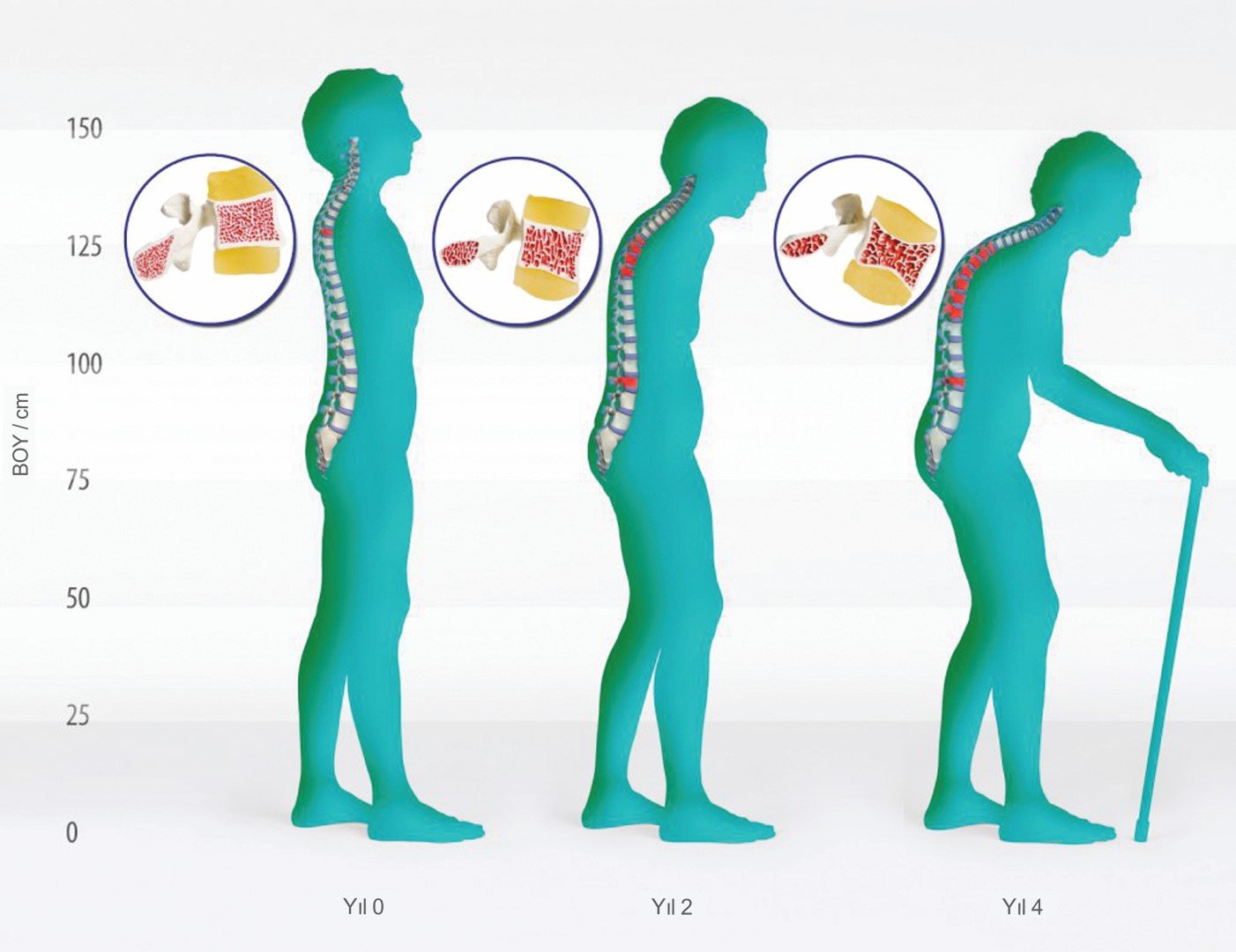EFFECTS OF OLIVE OIL ON THE NERVOUS SYSTEM AND THE BRAIN
 The positive effect of olive oil consumption on the development of osteoporosis and Alzheimer's diseases has been proven as it increases the absorption of calcium and forms the structure of fatty acids in the membrane of brain cells. Olive oil, when consumed 46 g per day, helps to maintain the structural integrity of brain cell wall membranes due to its high content of monounsaturated fatty acids, helping to prevent aging-related memory loss. For the same reasons, it improves the age-related comprehension of mental function. Panza showed that olive oil helps prevent decline in mental abilities in older people.
The positive effect of olive oil consumption on the development of osteoporosis and Alzheimer's diseases has been proven as it increases the absorption of calcium and forms the structure of fatty acids in the membrane of brain cells. Olive oil, when consumed 46 g per day, helps to maintain the structural integrity of brain cell wall membranes due to its high content of monounsaturated fatty acids, helping to prevent aging-related memory loss. For the same reasons, it improves the age-related comprehension of mental function. Panza showed that olive oil helps prevent decline in mental abilities in older people.Olive oil prevents forgetfulness. It has been determined that the recall rate of adults over 65 years of age living in Mediterranean countries and mostly using olive oil in their meals is much higher than that of adults from other countries. It has been determined that vitamin E and essential fatty acids protect the brain against viral and toxic attacks, in other words, delay brain dementia. Vitamin E has cell renewal feature. One tablespoon of olive oil contains the recommended daily amount of vitamin E.
The linoleic acid found in olive oil provides the production of a substance called prostaglandin (fat-derived substances found in various tissues and derived from fatty acids) and found in human cells, which has an important place in the body's self-renewal. In particular, it plays a role in the development of nerve cells. It is a fatty acid that must be taken continuously. And for that, olive oil is the best source. Olive oil is an important factor in the formation of the cell and nervous system of the baby, also during pregnancy.
